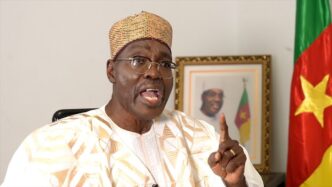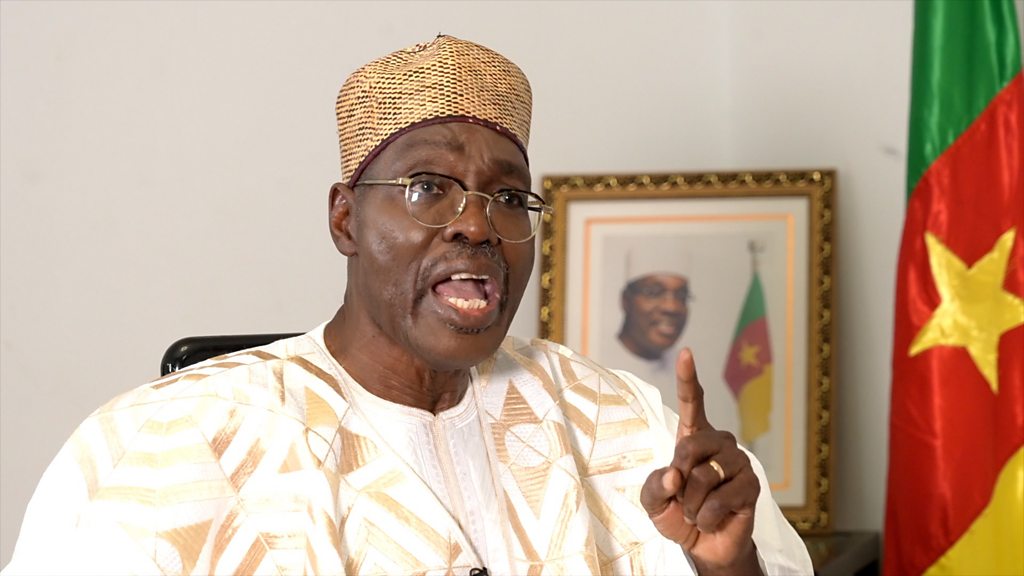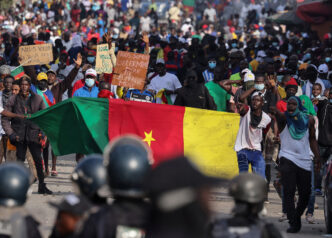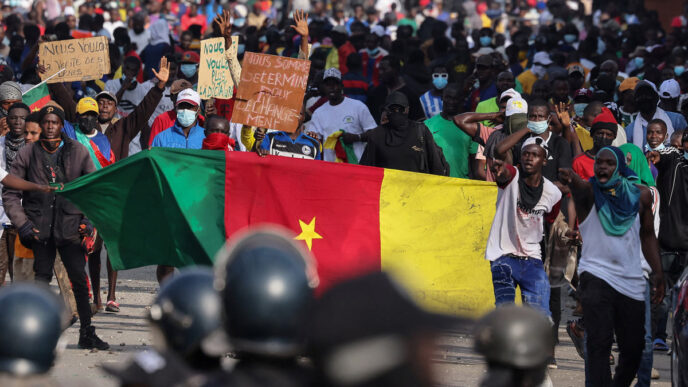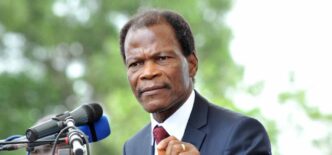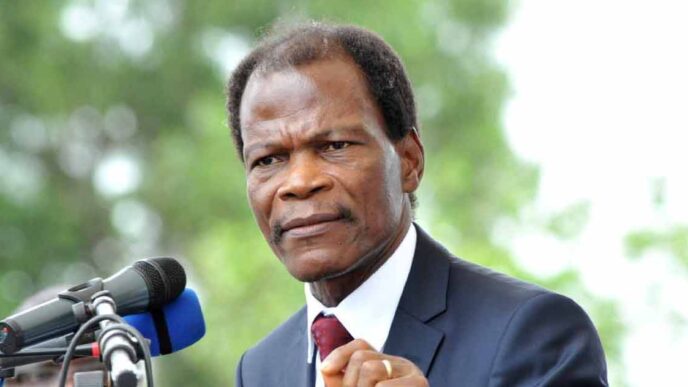Cameroon’s opposition figure Issa Tchiroma Bakary, who declared himself the victor of the 12 October presidential election, insists that he will reject any attempt to “steal” the vote. The official results are expected on Monday, but he has already made his stance clear.
In a conversation with the BBC, Bakary explained that his campaign has gathered results from polling stations across the country, giving them what he believes is an accurate national picture. In his view, the numbers leave “no doubt”.
The 76-year-old once served as a minister under President Paul Biya, but later split with the long-standing leader. Biya, who is 92 and has ruled for 43 years, is again seeking another term in office.
Government loyalists have rejected Bakary’s claims outright. Officials argue the declaration is unlawful, stating that only the Constitutional Council has the authority to release official results.
Even so, Bakary is urging his supporters to stand firm. “We will never accept their votes being stolen by anyone,” he warned. He brushed aside any fear of arrest or imprisonment, insisting: “but I know that I have already won the presidential election”. He doubled down further, saying: “There is no doubt, no shadow of doubt whatsoever. My victory is undeniable.”
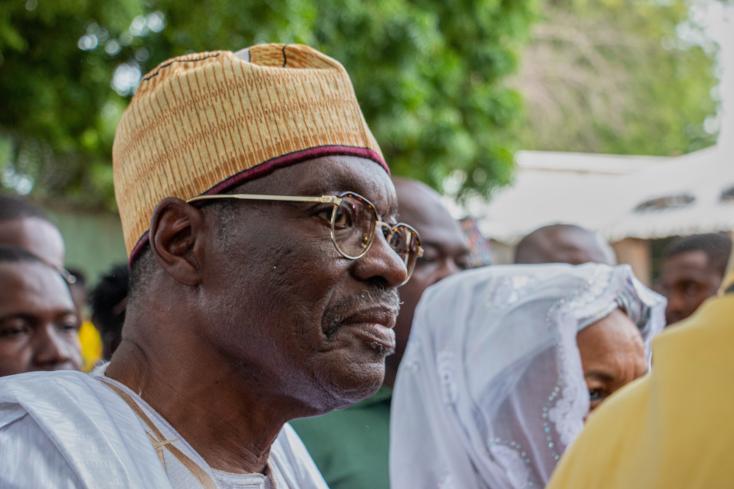
He accused the ruling party, Cameroon People’s Democratic Movement (CPDM) of refusing to accept voters’ decision, remarking that they “had their backs against the wall”. He challenged the party to prove him wrong if his assessment of the election outcome is inaccurate.
Though critics question his premature declaration, he insists he has broken no rules by doing so, maintaining that the law “does not prevent us from so doing”.
Asked whether he would concede if another candidate is officially confirmed the winner, he replied that he would, “provided the Constitutional Council announces the results that comes from the ballot box, not ballot stuffing”.
With the release of results delayed, tensions have been rising nationwide. Observers fear unrest could follow in a country already grappling with conflict in the Anglophone regions and Boko Haram attacks in the Far North.


 Trending
Trending 
